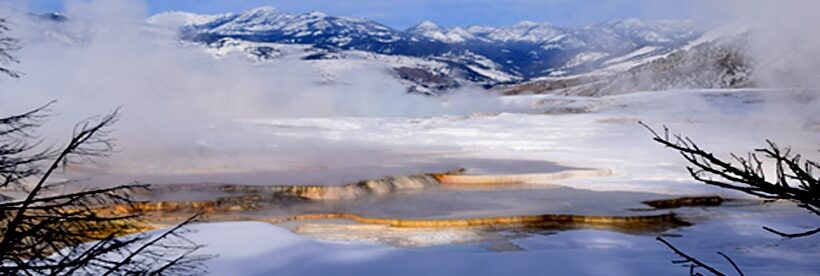A news item caught my interest recently – a National Public Radio (NPR) news segment of 11/23/2012 on whether shellfish can adapt to increasingly acidic oceans (NPR shellfish link). Because UN Climate Talks opened in Doha, Qatar today, I thought it would be an appropriate time to talk about ocean acidification trends. As noted by Lauren Sommer during the NPR broadcast, “Scientists say oceans are becoming more acidic as they absorb the carbon dioxide added to the air through the burning of fossil fuels. That can be bad news for oysters, mussels and others animals that are key to the seafood industry and to the marine food web. Scientists are using the unique ocean conditions off the California coast to monitor developments”.
The first comment posted on the NPR web site page of the shellfish story tried to debunk ocean acidification. However, as noted in a second comment, data from several studies clearly show that ocean pH is decreasing. In fact, a study cited by both commentors is the Wootton, et.al., 2008 study (Wootton study link) of ocean pH which is based upon a multi-year data set. The authors of this article give a summary statement of “…our results indicate that pH decline is proceeding at a more rapid rate than previously predicted in some areas, and that this decline has ecological consequences for near shore benthic ecosystems”.
Being a geologist, I like to look at the present oceanic decline in pH in a geologic context. One of the most interesting articles in this area that I’ve found is a 2012 paper by Honisch et. al. that was published in Science (Honisch study link). The authors of this paper, 21 ocean/climate geoscientists, examined the geologic record (these authors confined their study to only approximately the past 300 million years due to the presence of pelagic calcifiers similar to those living today that make the deep-sea carbonate buffer of the modern Earth system) for events that could be associated with ocean acidification, such as mass extinctions and evolutionary turnovers among marine calcifiers. They recognized eight geological events that could be similar to what is occurring today, but state, “…Although similarities exist, no past event perfectly parallels future projections in terms of disrupting the balance of ocean carbonate chemistry—a consequence of the unprecedented rapidity of CO2 release currently taking place”.
One of the better analog events identified by the Honisch study is the Paleocene-Eocene Thermal Maximum (PETM) which began about 56 million years ago. During the PETM, global temperature rose about 5 degrees Celsius – a temperature elevation that occurred within just a few thousand years. The increased temperature probably resulted from massive additions of heat-trapping greenhouse gases into the atmosphere sourced initially by volcanic eruptions and later by destabilized methane hydrate deposits and other related events such as wide-spread forest fires and thawed permafrost. It took about 200,000 years for the earth’s systems to counteract this elevated temperature. Consequences of this climate change are wide-ranging and include occurrences such as the largest extinction among deep-sea benthic foraminifers of the past 75 million years, poleward shift of many animals and plants, redistribution of mammals over high-latitude land bridges, and organism adaptation such as smaller body size. However, to put the PETM’s massive greenhouse gas injection into the atmosphere into a context for the present day, Lee Kump, in a 2011 Scientific American article on the PETM (Kump paper link), suggests that the PETM greenhouse gas release “… was only 10 percent of the rate at which heat-trapping greenhouse gases are building up in the atmosphere today”.
As the 21 geoscience authors in the 2012 Honish study summarized, “…the current rate of (mainly fossil fuel) CO2 release stands out as capable of driving a combination and magnitude of ocean geochemical changes potentially unparalleled in at least the last ~300 My of Earth history, raising the possibility that we are entering an unknown territory of marine ecosystem change”.
Let’s hope that there is huge progress made at the UN Climate Change talks.
